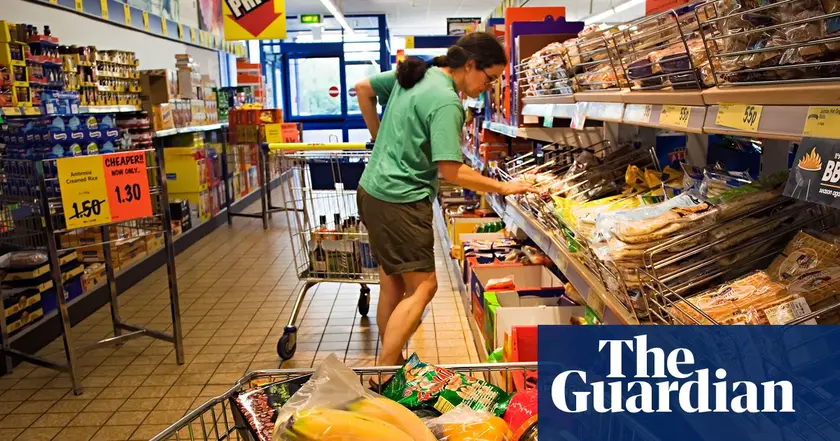T4K3.news
Rail fares set to rise
Regulated rail fares could rise by 5.8 percent next year as inflation remains high.

Inflation could push regulated rail fares up 5.8 percent next year under the RPI plus one rule.
UK rail fares set to rise 5.8 percent next year
The Office for National Statistics shows RPI inflation rose to 4.8 percent in July, a figure used to set rail fares under the RPI plus one rule. If the government keeps to that formula, regulated fares could go up 5.8 percent next year. That would extend a 25 percent rise since 2022. The 4.6 percent jump this year was implemented in March. About 45 percent of fares on Britain's railways are regulated by Westminster and the devolved governments. These include season tickets on most commuter routes, some off peak return tickets on long distance routes, and flexible tickets around big cities.
Transport Secretary Heidi Alexander has said she is "straining every sinew" to give passengers value for money. The policy will affect millions who rely on trains for work and travel.
Key Takeaways
"straining every sinew"
Transport secretary on value for money
"We need value for money not just numbers"
Editorial response on pricing fairness
"Rising rail costs turn commutes into a growing bill"
Impact on households
"Policy must balance affordability with rail investment"
Policy critique
The rise in fares comes as households face a squeeze from the cost of living. Tying prices to a measure critics call outdated makes timely reforms harder and leaves riders unsure what the next bill will be. There is growing public pressure on the government to rethink the fare formula and shield essential travel from ballooning costs.
If policy shifts occur, it may require cross party support and a broader debate on funding for rail services. The debate also tests how well officials balance the need to invest in the system with the daily needs of ordinary commuters.
Highlights
- Inflation makes the daily commute a bigger bill
- Fares should reflect value not just numbers
- Commuters deserve clarity not surprises
- Policy must balance costs with rail investment
Budget and political risk from rail fare rises
The fare increases tie inflation to policy decisions and could trigger public backlash and tighter rail budgeting.
Policy clarity on fare rules could ease the way forward
Enjoyed this? Let your friends know!
Related News
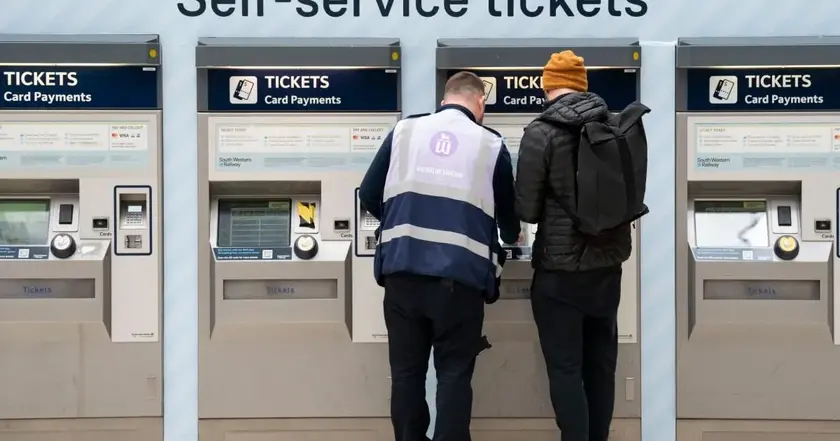
Rail fares set to climb next year
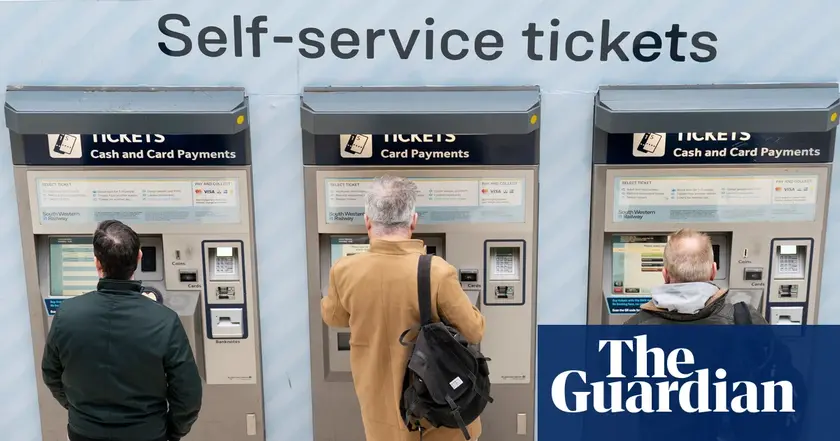
Rail fares could rise 5.8 percent next year
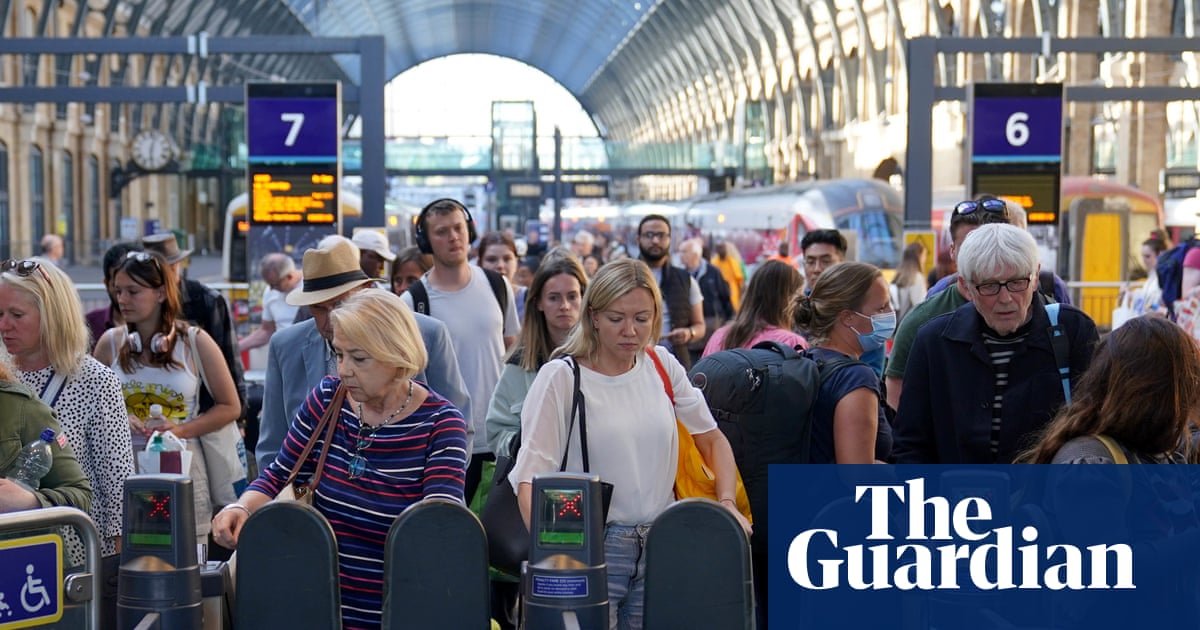
Rail fares in Britain increase by 5.1%
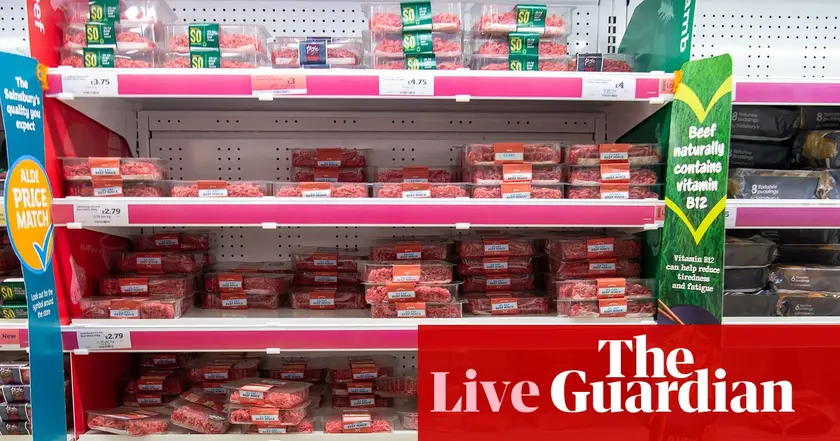
Rail fares set to rise 5.8 percent
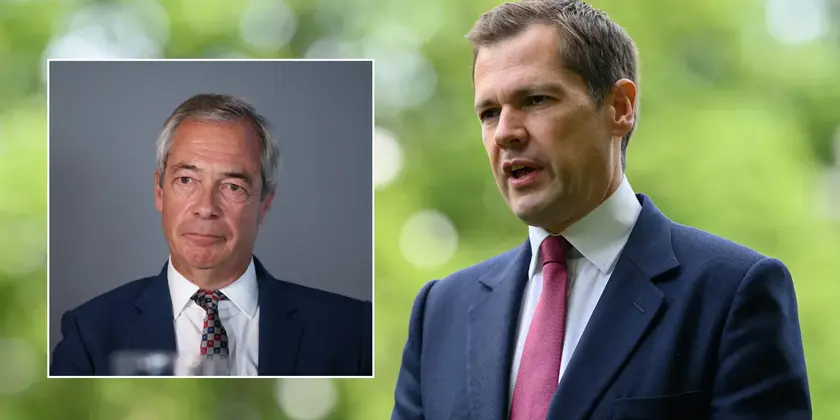
UK asylum hotel clash reshapes local politics
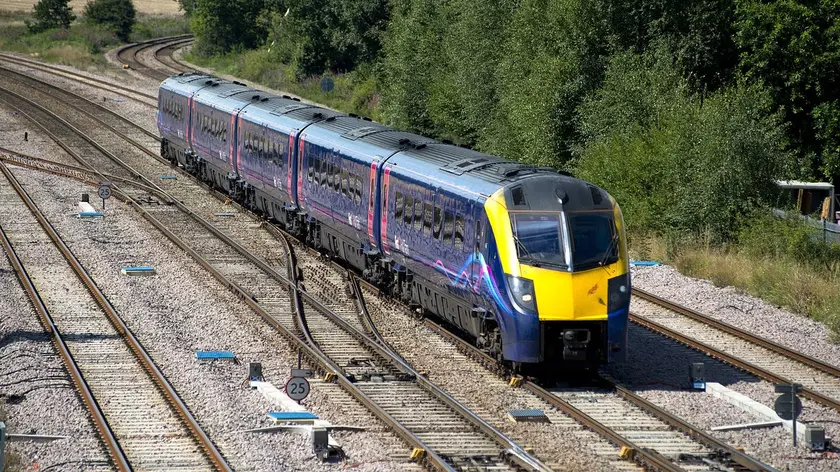
Rail fares could rise next year
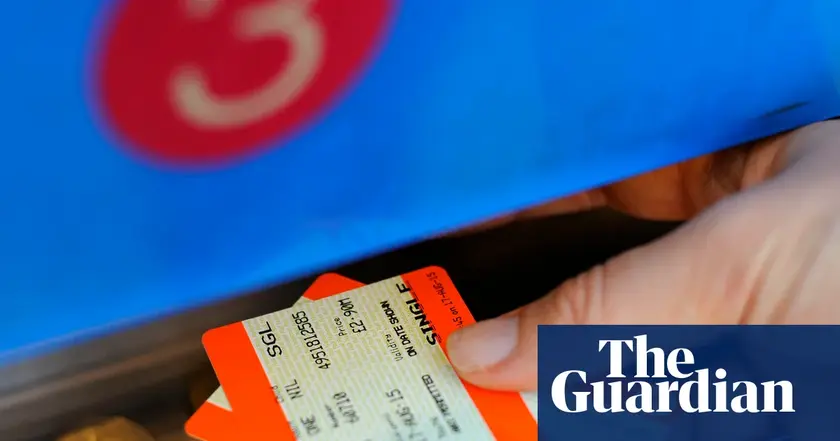
Rail fares could rise up to 5.6% next year
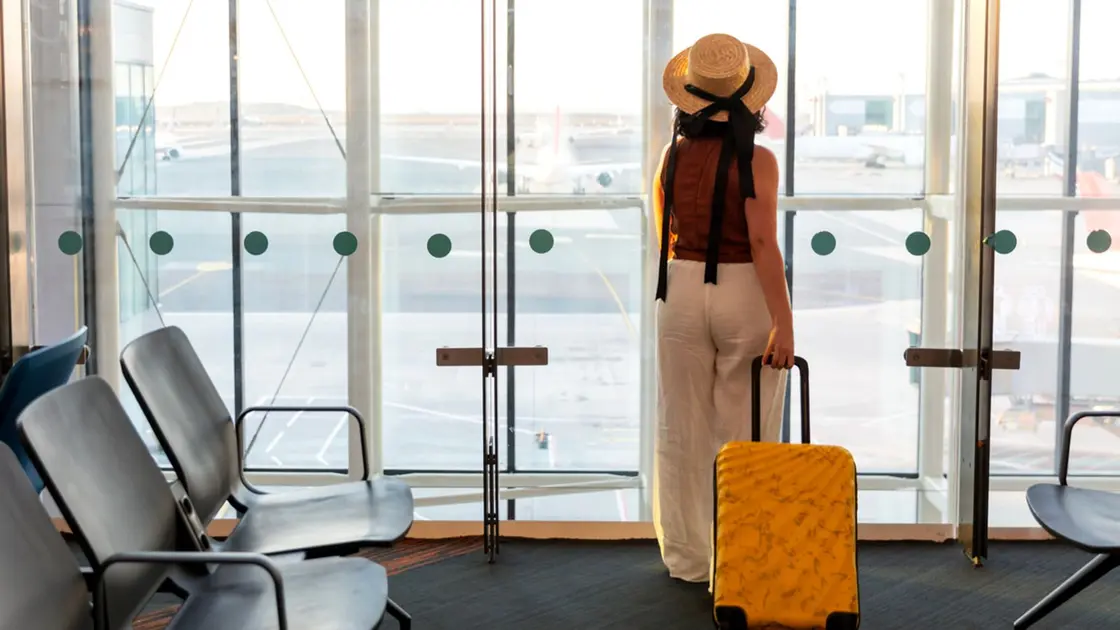
Inflation rises in July
